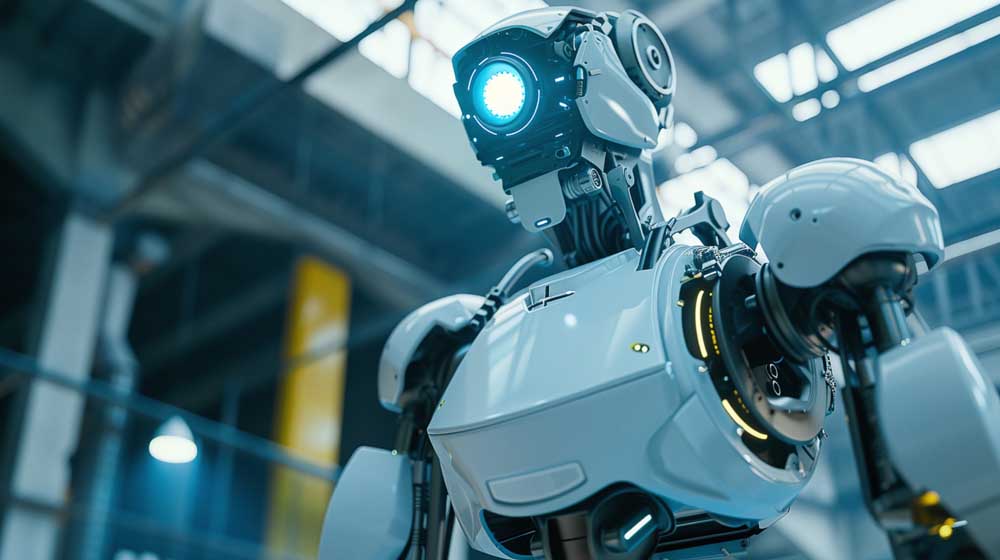Commentary: How stupid was what OpenAI did to Scarlett Johansson?
Published 9:00 pm Tuesday, May 21, 2024

- Ai
In September, OpenAI said a new talking version of its ChatGPT assistant that sounded like Scarlett Johansson wasn’t meant to resemble the actress.
The company said so again last week when it unveiled a chattier ChatGPT that featured the Johansson sound-alike. The same day, OpenAI CEO Sam Altman posted on X a one-word reference to the 2013 movie “Her,” in which Johansson was the voice of an emotional companion AI.
On Monday, Johansson said OpenAI was full of it.
OpenAI offered in September to hire the actress to voice its chatbot, according to her version of events. Johansson said no. The company asked again days before last week’s reveal of the updated chatbot. Without her permission, Johansson’s statement said, OpenAI defied her wishes and found an “eerily similar” voice.
In response, OpenAI again said that its chatbot voice was “never intended to resemble” Johansson and that it cast a voice actor for ChatGPT “before any outreach” to the actress.
At the very least, this was boneheaded. This got me thinking: In the pantheon of stupid mistakes by technology companies, just how dumb was this?
I ranked the seven most boneheaded missteps in recent technology history. This list is confined to the past decade. (I excluded the heinous errors.)
1. FTX: Among his many deceptions, the one that turned Sam Bankman-Fried from a cryptocurrency star to a federal prisoner was using FTX customers’ money to cover up the losses of a sibling company.
That was panicky and dumb, and so was Bankman-Fried’s months of blabbing that FTX would have been fine if he had more time to fix it. (Wrong.)
While FTX’s defenders said customers got all their stolen money back, that reasoning ignores the investment gains they missed out on because of fraud.
2. Theranos: The startup boasted about its medical breakthroughs that let it run health tests with just a few drops of blood. But Theranos used other companies’ blood-testing machines and lied about it constantly. It gave people botched test results. Theranos threatened employees who tried to tell the truth.
3. WeWork: Company founder and then-CEO Adam Neumann embodied every startup cliché to the extreme.
He promised to reinvent community on Earth and Mars. Neumann used the office-leasing company as a personal piggy bank, including getting WeWork to pay him $5.9 million for a trademark to the word “We.” Neumann and his friends hid weed in a cereal box on a borrowed private jet.
Neumann was kicked out of his own company, and WeWork filed for bankruptcy protection last year.
4. Google and Anthony Levandowski: The high-profile executive who once led Google’s driverless car project pleaded guilty in 2020 to stealing company secrets. Levandowski was pardoned by President Donald Trump.
Like other boneheaded moves on this list, what Levandowski’s lawyers described as one terrible mistake was preceded by years of stupidity that went unpunished. That included an unsanctioned ride in a driverless car that Levandowski altered and which malfunctioned, seriously injuring a Google colleague.
5. Elon Musk’s “funding secured” tweet: Musk deserves his own list of self-owns. I picked the 2018 Musk post that he received an offer to buy out Tesla’s stock at $420 a share. Securities regulators later said there was no deal and Musk knowingly misled investors to make a weed joke.
Musk is still fighting the Securities and Exchange Commission over it. If Musk just hadn’t tweeted, none of the drama would have happened.
6. OpenAI and Johansson: This isn’t as consequential as the others. But … OpenAI is already being sued over stealing others’ work, which has called into question the foundation of this new generation of AI. Now OpenAI is accused of ripping off a well-known (and previously litigious) celebrity and being duplicitous about it.
7. Uber’s data ransom: In 2016, hackers stole information on tens of millions of passengers and drivers. The company paid the criminals to destroy the data and stay quiet.
More than a year later, Uber said it had whiffed on its legal obligation to inform the public about the data theft. In 2022, a former executive was found guilty of obstructing justice.








